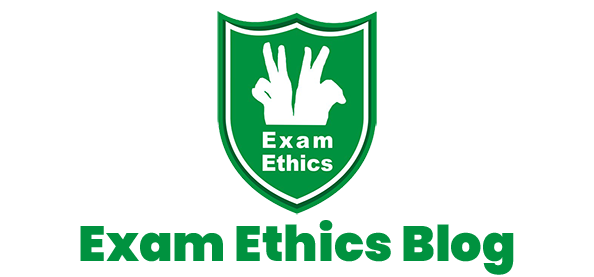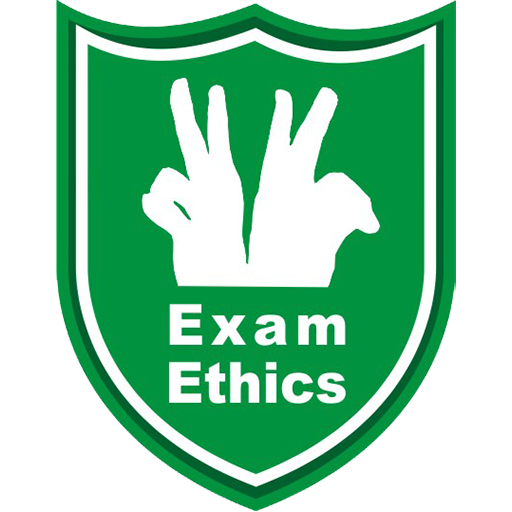This article is culled from The Excel Guidebook for Students: how to excel in exams, based on ethics compliant principles (Fourth Edition). The Excel Guidebook for Students is published by Exam Ethics Marshal International
THE LAW OF COMPLIANCE
(WITH EXAMINATION RULES AND REGULATIONS)
Compliance with examination rules and regulations is pre-condition for passing any examination. Non-compliance leads to failure.
The conduct of examinations is usually the responsibility of Examination Boards. The term “Examination Board” is used as a generic term to include all the organizations, councils, boards, agencies, institutions, departments and units charged with the responsibility of conducting examinations including entrance, certificate and professional examinations. Their common objective is to evaluate the performance of candidates with a view to determining the successful and the unsuccessful. Each Board has its own rules and regulations. The may be different rules for different types of examinations including those involving practical work.
However, there are general rules and regulations that govern the conduct of most examinations which you must comply in order to pass. Non-compliance of any of the rules or regulations profiled below may lead to disqualification for sitting for the exam, arrest and removal from exam hall, cancellation or seizure of result or failure of entire exam or specific papers.
Arrival.
Ensure that you report at the examination hall at least thirty minutes before the commencement of the exam. Note that you may not be allowed into the exam hall if you arrive thirty minutes after the commencement of the exam. Even if you are admitted into the hall for genuine reasons, you definitely will not be allowed extra time.
Obey the instructions of supervisors and invigilators.
Obey the invigilator and supervisor of the exam at all times during the exam. Remember that the invigilator or supervisor is the accredited agent of the examination body irrespective of whether the exam is being conducted by University, Polytechnic, College of Education, Professional body or an external Examination Board. These agents represent the examining body, and can take decisions and actions on behalf of such Bodies. For example, a supervisor is authorized, in fact required, to hand over to law enforcement agents candidates who insult/assault the supervisor, invigilator or other candidates. They are also required to hand over to law enforcement agents those caught impersonating other candidates or those disturbing the conduct of the exam in any way.
Banned materials are not allowed in exam halls.
You are not allowed to enter the exam hall with notes, drawings, tracing books, printed papers, plain sheets or any written document. Depending on the type of exam, rough works are to be done on question papers or in answer sheets and neatly crossed out. In some exams, you may be allowed the use of drawing instruments, slide riles or battery operated pocket calculator. But please find out!
Bags and briefcases are to be deposited outside exam hall.
Deposit your bags, briefcases, etc. outside the exam hall before entering the hall.
You are required to show proof of your identity.
Go to the examination centre with all necessary identification materials including Identity Cards and photographs; you must be able to establish beyond reasonable doubt that you are the person registered to sit for the exam.
Completion of attendance forms
Ensure that you complete the exam attendance form for the exam. In many cases, you are required to complete the attendance form for each paper.
Commencement time.
After distribution of question papers, do not start writing unless the invigilators give the go-head. Where the paper allows for reading time, as a general rule, you must read in silence without writing or making notes of any kind.
Explanations.
Invigilators are not allowed to explain the meaning of any examination question to any candidate in the examination hall.
Special assistance to any candidate not allowed.
Never attempt to persuade the invigilator or supervisor to render special assistance to you, with financial or material inducement.
Speaking to other candidates not allowed.
You are not allowed to speak to other candidates, offer or accept assistance of any kind when the examination is in progress. If you wish to ask a general question, attract the attention of the invigilator by raising up your hand.
Disturbance is not allowed.
Eating, drinking, smoking, noise-making or any other form of disturbance is not allowed when the exam is in progress.








